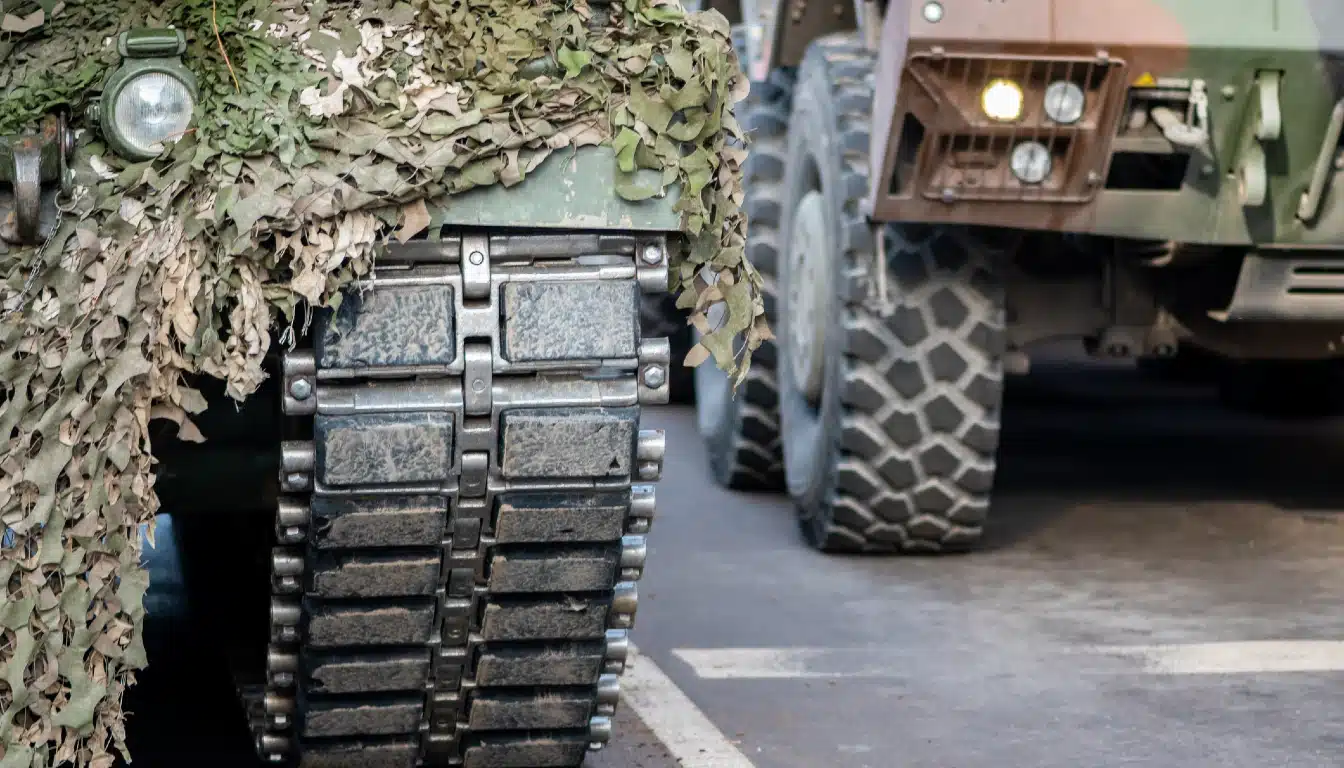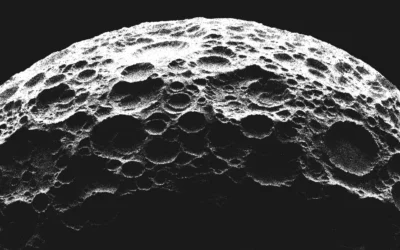U.S. military researchers are funding technologies that turn carbon dioxide into storable, energy-dense fuels for off-grid power.
The Defense Advanced Research Projects Agency (DARPA) is running the Expeditionary Carbon Utilization for Energy Resilience and Stabilization, or ExCURSion, programme to pair the flexibility of batteries with the energy density of carbon fuels in a portable, closed system.
Why look beyond batteries and fossil fuels?
Portable energy storage for deployed forces is currently dominated by lithium batteries and hydrocarbon fuels. Batteries are versatile and can be recharged across different voltages, but many existing chargers do not deliver the energy density needed when size, weight and power consumption (SWaP) are critical. Fossil fuels, by contrast, offer high energy density but create major logistical risks. Resupplying convoys is costly and exposes personnel to attack, making energy resilience a strategic concern.
What ExCURSion is developing
DARPA wants ExCURSion to deliver a self-contained system that integrates combustion, CO₂ capture and fuel regeneration. The goal is to “recharge” by making carbon-based liquid fuel in the field, then convert it back into electricity to charge batteries or run equipment. The programme has two technical areas: faster reduction of CO₂ into high-energy-density fuels, and advanced materials for capture, storage and release of CO₂ with durability across many cycles. A Proposers Day in March 2024 outlined these requirements before DARPA issued a Broad Agency Announcement seeking bids.
DARPA has since awarded multiple contracts. Leidos received about 5.45 million dollars in November 2024, while Physical Sciences Inc. (PSI) secured 2.08 million dollars in March 2025. PSI has disclosed it is developing reusable sorbent materials with targets including high working capacity and minimal loss over 500 cycles, under contract HR001125C0002.
The hurdles ahead
Technical challenges remain significant. Current CO₂-to-fuel processes are at least 30 times slower than recharging a lithium-ion battery, limiting practicality in combat unless rates improve. Meanwhile, CO₂ capture materials must balance high working capacity with long-term stability, a trade-off that constrains system efficiency.
If ExCURSion achieves its targets, field units could carry compact systems that recharge using available electricity, synthesise fuel on site and store that energy densely for later use. The approach could cut fuel resupply missions and enhance energy resilience, though all performance claims remain research objectives until proven in field demonstrations.




